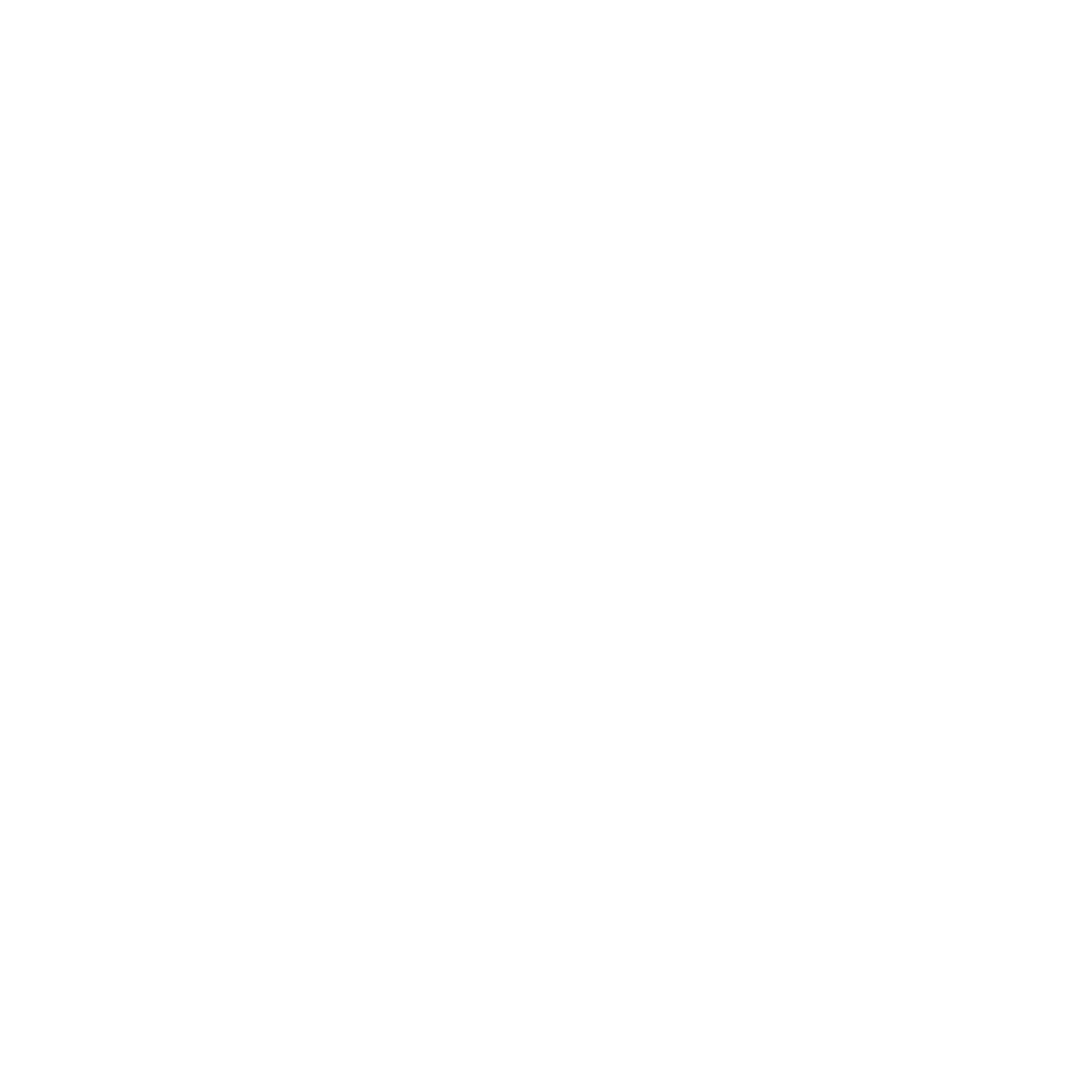Overview
Webhooks are a technique for informing a system or user of an event that has taken place. This type of architecture is especially helpful for an asynchronous system like Connective Health’s products. Our implementation is very loosely based on the open source Standard Webhooks specification that is in active development. Each webhook is implemented as anHTTP POST to a URL (or URLs) specified by the customer. The basic content
of each POST will be this. The type, correlationId, batchId, and timestamp will always be included. The data section
is optional, but if specified will contain additional information specific to the webhook type.
Webhook Example
Implementation
Event Types
Please contact your account manager if there are other event types you would like to see supported.| Event Type | Status | Description |
|---|---|---|
patient.insufficientData | Available | This event may be due to several issues including the patient not being found or there not being sufficient data for the patient for the data to be delivered |
patient.found | Available | The patient was identified via one of our connected networks |
document.deliveryComplete | Available | A document (either PDF or FHIR bundle) was successfully delivered |
Security
Currently, no authentication is supported for the webhook content. ThecorrelationId should be validated against
previously sent customer records if necessary.
Only https URLs are supported.
Retries
Webhooks are processed on a best effort basis. If there is a communication error (anything other than an HTTP 2xx response) then the message will be retried several times with progressively longer time between retries.Special Considerations
Missing Delivery
In certain error situations a webhook may not be delivered as expected. This should be rare, but it is possible.Unknown Correlation ID
If your client sends an API request to Connective Health, but the client disconnects or some network error is encountered which prevents your client from receiving the correlation ID, you may then receive a webhook which has a correlation ID you did not expect. Once we have received the HTTP request we will begin processing and generate webhooks (if necessary).Multiple Deliveries
Webhooks are intended to be at least once semantics. While we strive to only deliver each webhook exactly once, for a variety of reasons a single webhook may be sent multiple times. Care should be taken by the receiver to properly handle this situation.Erroneous Delivery
In extremely rare circumstances a webhook may be sent and then later found to be incorrect. An example would be the delivery of apatient.insufficientData webhook being delivered due to a system error, but the patient
was in fact found and processed successfully. In this rare case, the webhook may be sent but a PDF is later delivered.
